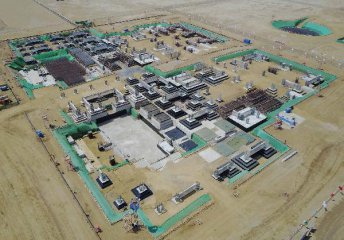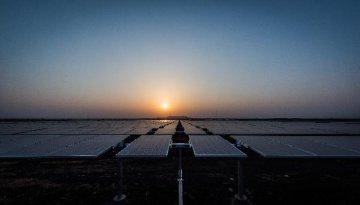
Australian household energy bills rose by up to 22 percent in 2017-18, intensifying pressure on Prime Minister Scott Morrison on his lack of a signature energy policy.
Data released by the Australian Energy Regulator (AER), a subsidiary of the Australian Competition and Consumer Commission (ACCC), on Thursday revealed that customers in South Australia (SA), New South Wales (NSW) and the Australian Capital Territory (ACT) faced power price increases of 21.1 to 22.1 percent from financial year 2016-17.
Queensland, the state where household rooftop solar systems have the highest capacity, was the only state or territory where average household power prices fell, down 1.6 percent in financial year 2017-18.
Energy policy is set to be a major issue in the 2019 general election, with the issue having plagued the governing Liberal National Party (LNP) during this term of government.
Former Prime Minister Malcolm Turnbull was deposed by the party in August after the conservative wing of the party refused to support his signature energy policy, the National Energy Guarantee (NEG), over the plan to embed an emissions reduction target in the policy.
His successor, Scott Morrison, has faced backlash over his own energy "big stick" policy, which would give the Treasurer the power to break up energy companies that engage in price gouging.
Origin Energy and EnergyAustralia, two of Australia's largest energy companies, on Friday announced that they had halted investment in generation projects over policy uncertainty.
"Leaving aside climate policy and the government proposing to underwrite generation, how do I invest money with this in play, with this bill in play?" Frank Calabria, chief executive of Origin Energy, told News Corp Australia.
Under the energy policy put forward by the Opposition Australian Labor Party (ALP), Australia would be committed to a 50 percent renewable energy target and 45 percent emissions reduction target from 2005 levels by 2030.























Latest comments